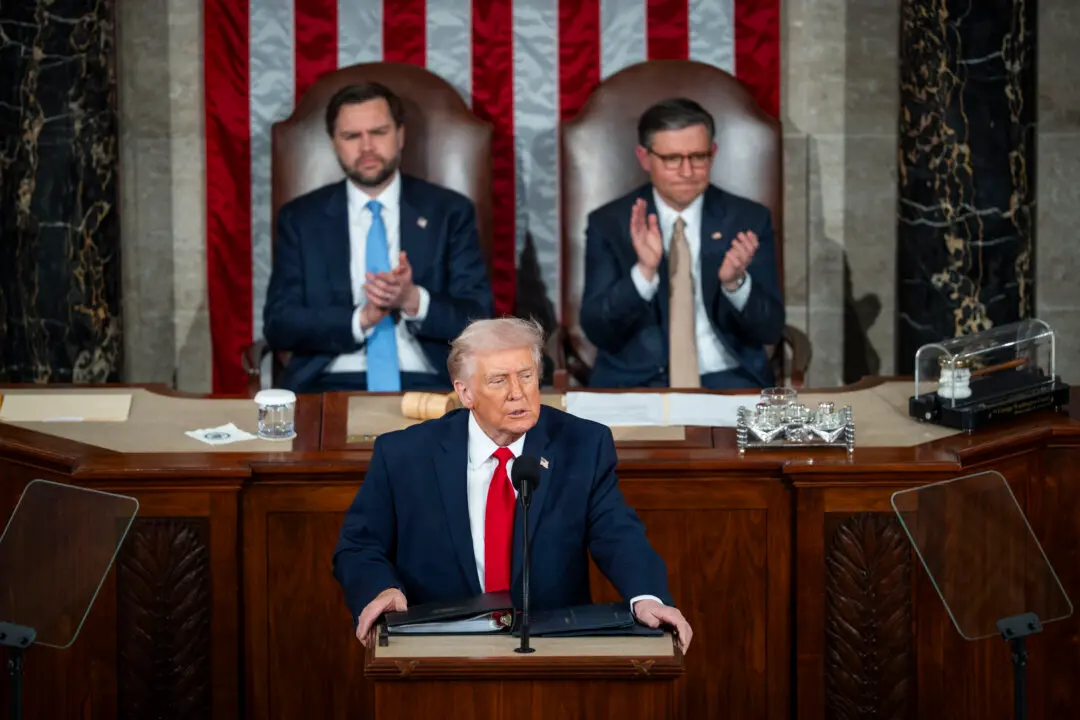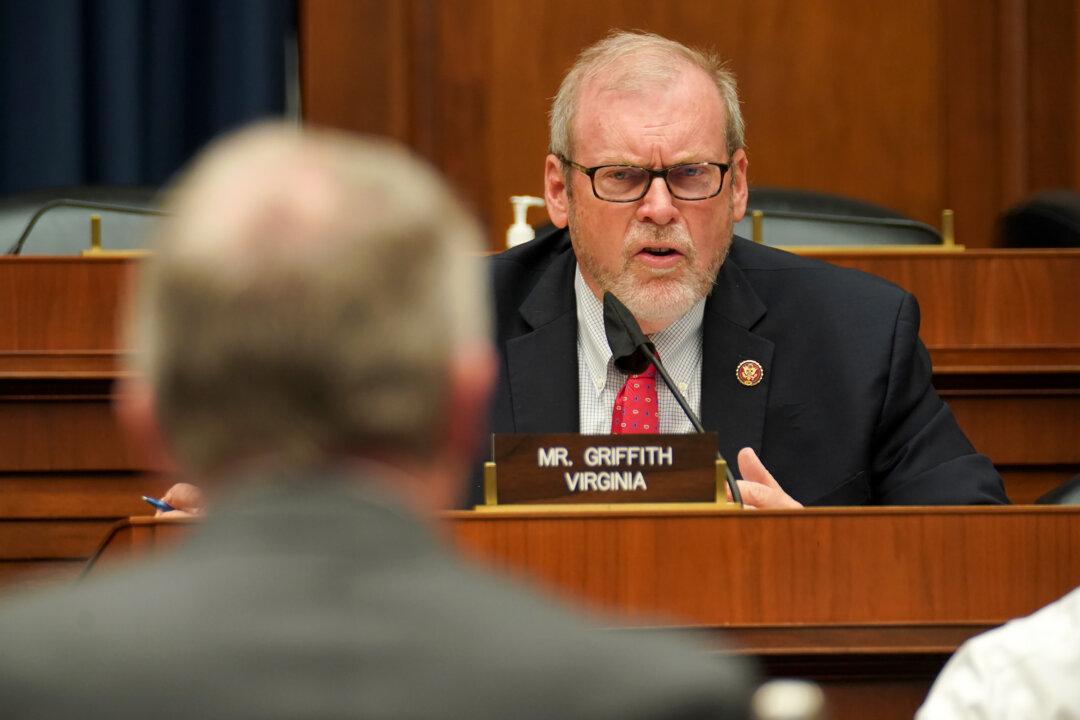Former President Donald Trump unveiled plans for a 15 percent tax rate for companies that produce goods in the United States, a commission to conduct an audit of the federal government, and the clawback of unspent funds authorized under the Inflation Reduction Act.
He said billionaire Elon Musk, who proposed the idea of the commission, has agreed to lead the efficiency panel.




